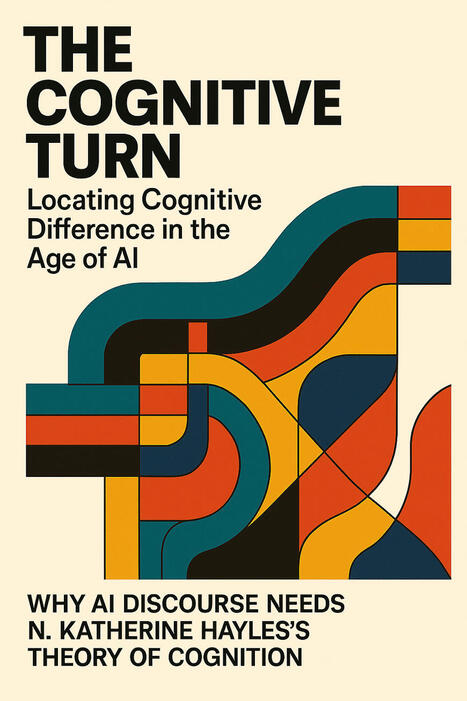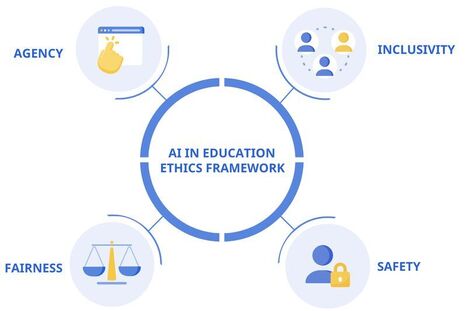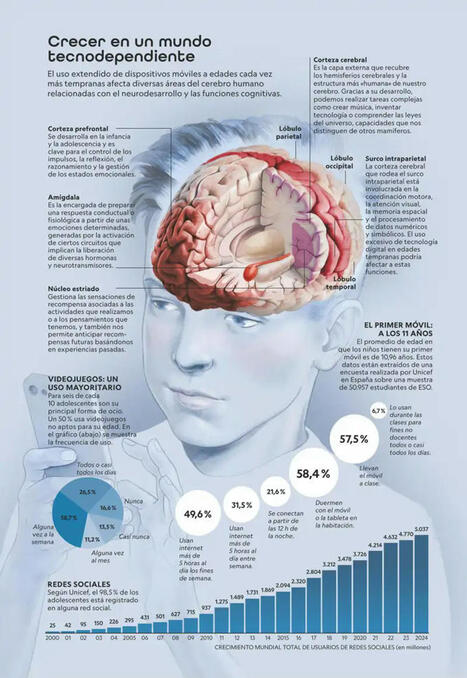In a recent Boston Globe op-ed, two researchers proposed a linguistic fix to an ontological dilemma: rename our relationships with AI. Rather than referring to generative systems as “coworkers” or “collaborators,” they suggest we replace the human “co-” with a machine-coded “c0-”: c0worker, c0creator, c0mpanion. The goal is to reassert the boundary between human and machine by embedding it in our language—clarity by typography.
It’s a clever gesture, but telling. Faced with the entangled realities of cognitive labor shared across human and machine systems, the instinct is not to inquire but to quarantine. The prefix becomes a firewall. We’re no longer debating what AI is or does; we’re drawing thicker lines around who gets to count as meaning-making. This isn’t just terminological hygiene—it’s epistemological panic.
The persistence of the binary—human as subject, machine as tool—isn’t just about fear. It reflects an older philosophical architecture in which cognition is tied to consciousness, and meaning to interiority. When AI generates output that seems intelligent, we either mistake it for a person or strip it of all significance. The problem isn’t that machines confuse us. It’s that our frameworks for interpretation haven’t kept up.
No comment yet.
Sign up to comment





 Your new post is loading...
Your new post is loading...
![[PDF] GAIDE: A framework for using Generative AI to assist in Course Content Development | Edumorfosis.it | Scoop.it](https://img.scoop.it/iMtIhVYOvt6fW6J15uaAtjl72eJkfbmt4t8yenImKBVvK0kTmF0xjctABnaLJIm9)

![[PDF] Your Brain on ChatGPT: Accumulation of Cognitive Debt when using an AI Assistant for essay writing task | Edumorfosis.it | Scoop.it](https://img.scoop.it/TIYYjbxL97Sr1U399ncejjl72eJkfbmt4t8yenImKBVvK0kTmF0xjctABnaLJIm9)
![[PDF] AI revolution in Higher Education: What you need to know | Edumorfosis.it | Scoop.it](https://img.scoop.it/P3BF6_LI0ziOF7GcmT54sTl72eJkfbmt4t8yenImKBVvK0kTmF0xjctABnaLJIm9)



![[documental] El sistema educativo representa la mayor trampa del mundo moderno I Schopenhauer y Nietzsche | Edumorfosis.it | Scoop.it](https://img.scoop.it/gOkgVPiL-_3BN9eB8mGArjl72eJkfbmt4t8yenImKBVvK0kTmF0xjctABnaLJIm9)

![[Video] Educating kids in the Age of AI | Edumorfosis.it | Scoop.it](https://img.scoop.it/vj4QFJ5ttxPWjOL00ixwUzl72eJkfbmt4t8yenImKBVvK0kTmF0xjctABnaLJIm9)





![[Video] Will AI replace teachers in classrooms? | Edumorfosis.it | Scoop.it](https://img.scoop.it/f_gcMGZe97woOxNJDOhKHDl72eJkfbmt4t8yenImKBVvK0kTmF0xjctABnaLJIm9)
![[PDF] Futuristic insights on Education components: How education can meet the demands of an ever-changing world | Edumorfosis.it | Scoop.it](https://img.scoop.it/ct67-p-Vzwuz9CPH4eP7Kjl72eJkfbmt4t8yenImKBVvK0kTmF0xjctABnaLJIm9)









